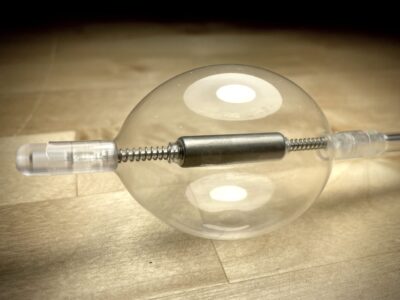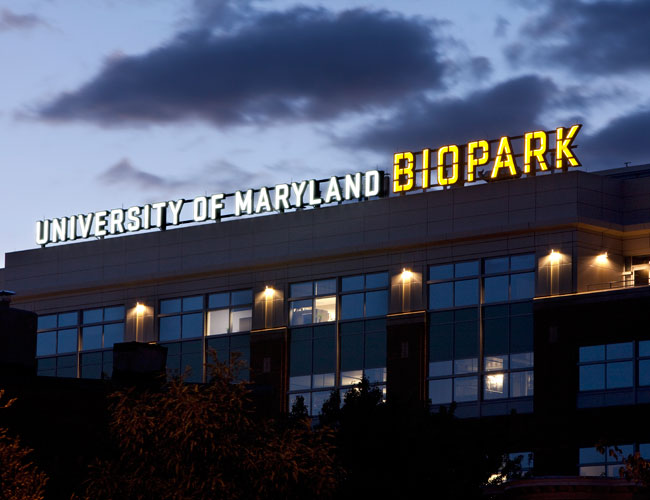When it comes to serious infections, doctors have to move fast. As a result, they often start fighting a disease before they know exactly what they’re dealing with.
“They have to start treating before they know everything about their infection,” said Erik Nilsson. “It takes days to find out what infection somebody has, and even longer to find out susceptibility” to medication.
As a result, that need for speed can lead to treating with medicine that may not be the right fit for the infection.
Researchers at the University of Maryland, Baltimore have identified a potential way to more quickly identify infections by developing a “barcode” for each pathogen strain.
In 2014, the researchers created a startup to commercialize the technology. The company, called Pataigin, hit a key point in further developing the technology for hospital use by inking a licensing deal for patents and technology associated with the disease. (Along with UMB, the University of Washington co-owns of one of the patents.)
The technology behind Pataigin, which is named after the Irish word for “pathogen,” was developed in Baltimore labs by company cofounders Robert Ernst of the university’s School of Dentistry, and David Goodlett of the School of Pharmacy.
Each disease-causing agent has a molecule called a lipid on its outer membrane that is unique in each type of bacteria. The researchers created a library of “barcodes” for each lipid with key identifying information. As a result, lab staff can use a chemical analysis known as mass spectrometry to identify the disease based on the barcode.
“We see the potential here for a diagnostic that can ultimately be effective enough for routine clinical use for appropriate patients that is going to offer superior performance capability to what people get now,” said Nilsson, who has led software companies including Deurion, which has a presence in Baltimore and developed mass spectrometry software. The analysis can determine whether the diseases can be treated.
The technique could save people from having to undergo a potentially harsh treatment. Nilsson said. With the money spent on treatments that are not properly diagnosed, he also believes there is also an opportunity to save money in the healthcare system.
The licensing deal provides the company with exclusive rights to the technology, so it can begin to ramp up work.
According to UM Ventures’ Phil Robilotto, the Pataigin deal is the tenth such deal the university’s startup-backing arm has completed since October 2014.
“This is our sixth in the last six months,” he said, calling the volume “a big shift for us.”
Join the conversation!
Find news, events, jobs and people who share your interests on Technical.ly's open community Slack

Baltimore daily roundup: Medtech made in Baltimore; Sen. Sanders visits Morgan State; Humane Ai review debate

Baltimore daily roundup: An HBCU innovation champion's journey; Sen. Sanders visits Morgan State; Humane Ai review debate

Baltimore daily roundup: The city's new esports lab; a conference in Wilmington; GBC reports $4B of economic activity


